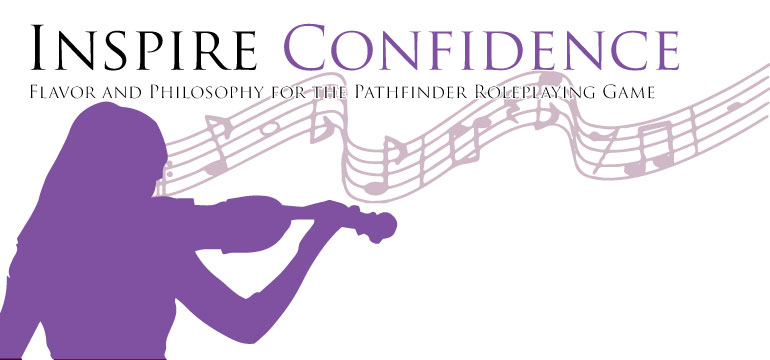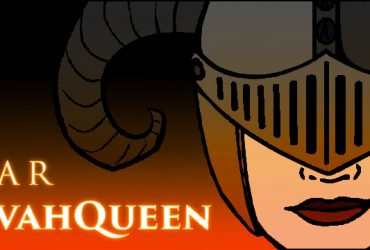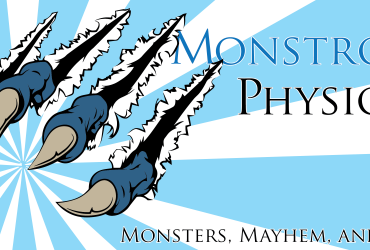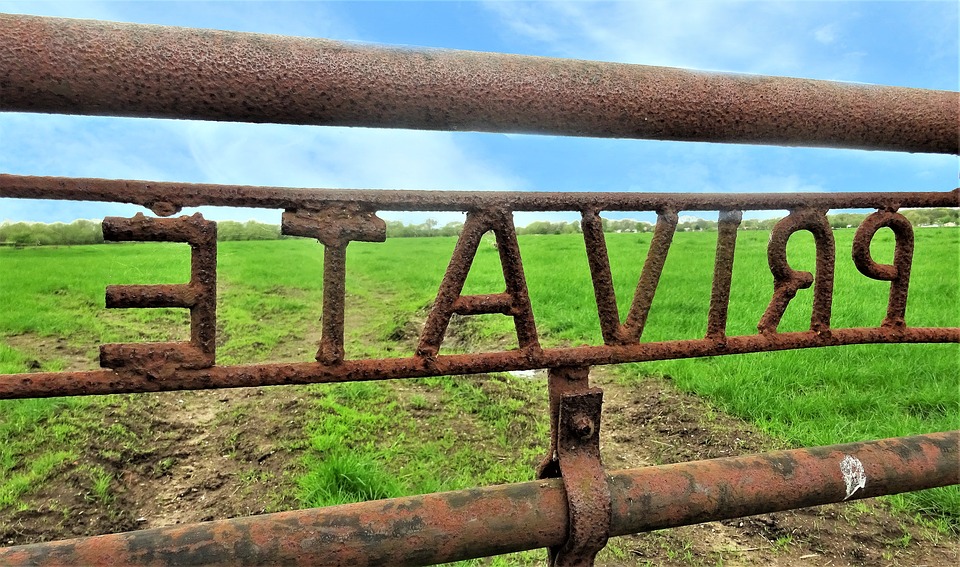With available Paizo and 3PP (third party publisher) Pathfinder published materials numbering in the tens of thousands, it can be a challenge to find and use the material that is appropriate to your table without overwhelming the GM and gaming party. How do you decide what to allow and where do you draw the line?
Game balance
Not all gaming materials are created equal. Paizo’s material is often written by freelancers and then developed in house by Paizo employees, providing more consistent development through communication and proximity, but knowing that not all Paizo material is PFS legal reveals that even among the Paizo material that some builds yield exceptional results that may complicate game play or cause game imbalance.
Introducing 3PP material can have the same results. The same freelancers who write for Paizo write for the numerous 3PP and those materials are developed by those publishers or not developed at all.
Developing gaming materials is more than just editing what is written for language and grammar, which occurs by editors, development is bringing rules and mechanics into line with previously published material to maintain balance with and blend in new material with old material.
What to keep and what to toss
New gaming material is published on a nearly daily basis, a player or GM may find gaming material that looks like fun and add it to a game only to discover that it throws game interactions out of balance, which may be due to development issues or interpretation of rules interpretation.
We’ve all see the player who has a large gaming book library that they carry around with them, every feat on their sheet is from a different book, specially crafted weapons from an obscure unvetted system augmentation, and an animal companion that seems to be a dragon but the player assures you is not a dragon. This player proceeds to take 6 attacks a round, rarely hits, and levels the big bad in 2 rounds while the rest of the players are struggling to overcome the boss’s damage reduction. Very few things are more frustrating as a player or GM than having a super charged PC on the table that out performs all other players and cuts straight through an adventure.
The easiest way to prevent this kind of problem is to lay ground rules at character creations – each player may use the CRB and 3 additional material sources to build their PC, or provide a short list of approved resources that may be used.
Whenever a player asks to use new gaming material, it is in the game’s best interest for the GM to review the material before agreeing to add it into their game. Taking some time to look through the material from top to bottom, not just the specifically requested part will provide a sense whether the supplement is balanced or not. After reviewing the material, discuss with the player how they believe the rules are interpreted and what their end goals are for including the material on their sheet. It is far easier to say “no” before something goes into play than afterward.
We have discovered, sometimes even years later that we have been playing rules and mechanics incorrectly, sometimes to our advantage and sometimes to our disadvantage. Trying to figure out what the end results the player is looking for will help the GM to decide if there is a better way to accomplish a player’s goals without adding a dozen gaming books to your table.
Finding out too late that a rule or mechanic is unbalancing in game puts the GM and players in an awkward situation – how to back it out? Being honest with your player is your only option. It’s hard to admit that you may have made a mistake and that you’ll have to rescind permission. If there’s no easy way to remove something on a player’s sheet, then modifying the rules may be your only option. Ensuring that everyone is having fun remains something that only the GM can really control. Work with your players on what they really like about their character and what they’re willing to let go of and what you see as distracting and unmanageable, then try to find a compromise. At the end of the day, the GM has the final say on rules adjudication and if something on a player’s sheet is throwing off the game and a player feels the PC is not playable without it, then the player may be offered the option of retiring the PC and creating a new PC without penalty.






